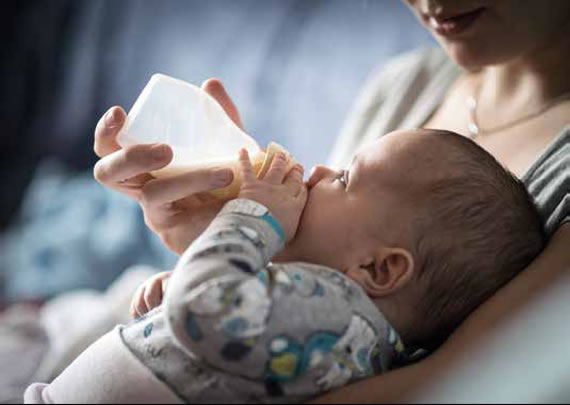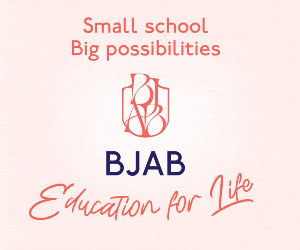personal Development: No-one tells you how hard motherhood is, writes Gemma Rose.
About ten years ago, I was in the office having a chat with my female colleagues about having kids. I was amazed at what appeared to scare them most about having a baby was the pain of childbirth. For me, childbirth itself was not the issue – that’s what the epidural is for. Rather, it was the aftermath that really scared me, i.e. bringing your two-day-old baby home and having to keeping it alive. When we brought our daughter home from hospital ten months ago, I remember setting down her carrycot with her asleep in it and turning to my husband to say: “What now?” He shrugged his shoulders, as clueless as I was.
Those first few weeks were some of the hardest of my life. I managed to keep my daughter alive, but barely. I didn’t understand why there were nights when I was breastfeeding her for eight hours straight, and yet she wasn’t sleeping or gaining weight. Being an expat, with family and close friends hundreds, if not thousands, of miles away, meant that my husband and I felt very alone, isolated and helpless. After seeking desperately and frantically the help of a wonderful British midwife here, we figured out the problem. My daughter was not getting enough breastmilk: I had been starving her.
I didn’t have much expectation about pregnancy, nor did I think too much about early motherhood, partly out of ignorance and partly out of fear to face reality and responsibility. My pregnancy was wonderful. I felt bouncy, vibrant, energized and healthy. I was glowing, plus I loved all the attention and fuss. Last Christmas, before my daughter was born, was the best I’ve ever had: I spent the whole time on the couch watching all six seasons of Downton Abbey.
Before getting pregnant, I hadn’t been sure as to whether I actually wanted children. If I did have them, I thought I would have achieved my dreams beforehand. Yet, although elated at finding out I was with child, I also cried tears of grief of what could or should have been: publishing my first book, writing for The New Yorker, quitting the day job and being my own boss. It was also grief of giving up the perceived freedom of being young(ish) and free. “Smoke it up like lithium,” my friend with three young kids told me during my child-free days. But instead of going on big nights out or shopping sprees, my freedom entailed reading, writing, cooking and dreaming: things that, ten months after giving birth, I am able to do again, if only for a few stolen minutes in the day.
There are courses on preparing for the practicalities of having a baby, but there aren’t courses on parenting. No one told me how hard the first year of new motherhood is. I had no idea that the patter of tiny feet would take its toll on my marriage, nor of the struggle of keeping your baby healthy and alive. I also found it very hard to love my child at the beginning, as shocking as that sounds.
What I have learnt through the passage of time and the wonders of hindsight, is that` everything gets better. What seemed so serious in the moment has now passed. When you are in the early days, you believe that you’ll never be able to a have night out again or a good night’s sleep, or that your marriage won’t survive. But then, winter turns to spring and then to summer. Things get that little bit easier, and you realize that the situation is not static. It’s a season, and it, too, shall pass.
Having my daughter does focus my mind, for her greater good and for mine. I realize that I want to be true to and honest with myself, because that is what I want for her. Furthermore, I am being a parent for the long-run. I want the lifelong companionship of my children, just as my parents have mine. I am thankful that my daughter is here with me, something which I cannot take for granted. New motherhood has had its ups and downs, but it’s also empowered me. If I can take care of my child, then perhaps even the most surmountable of tasks aren’t so hard.







